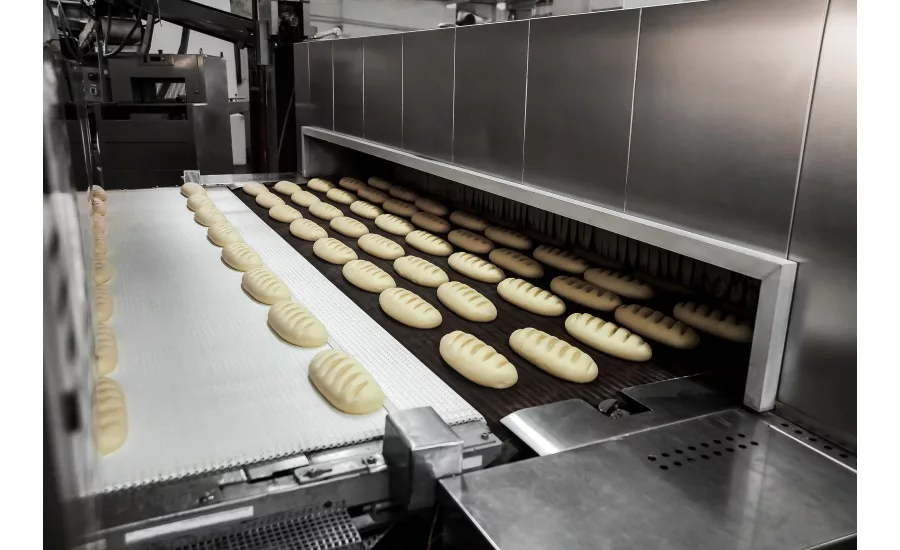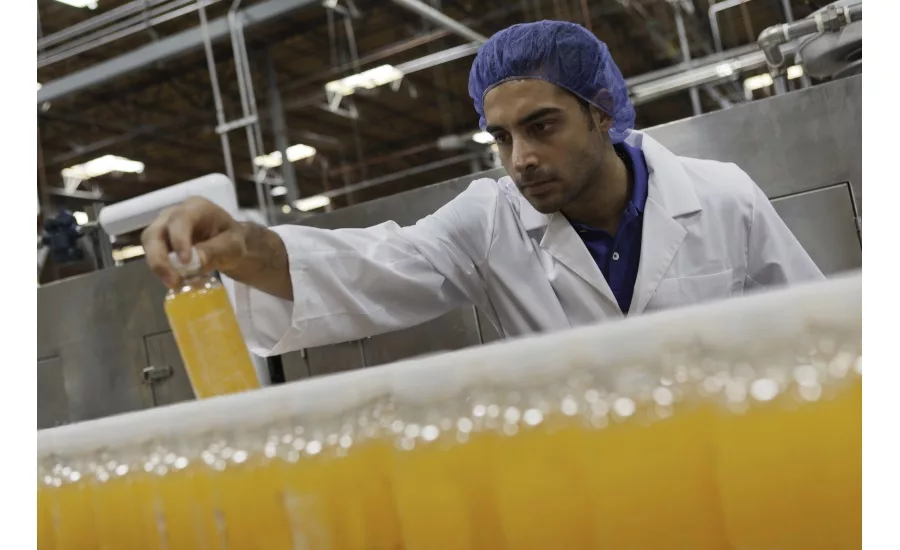How contract manufacturers can win business with SQF certification and SPC



Many of today’s food and beverage companies rely on contract manufacturers to produce their products. These companies are often well-established, household names with positive brand images to uphold and millions of customers to satisfy. Potential food safety incidents could not only be costly, but also damage brand reputation and put consumers’ health at risk. Brands must therefore be very discerning when choosing which contract facilities to work with.
During their search and qualification process, many companies will narrow their list to contract facilities that have effective safety and quality measures in place. This is where they depend on third-party organizations to set guidelines, perform audits, and award certifications to businesses that adhere to established safety standards.
The Global Food Safety Initiative (GFSI) recognizes certifications from eleven of these organizations. One of the most prominent is the Safe Quality Food Institute (SQFI), which developed and manages the Safe Quality Food (SQF) certification program. Recognized globally, SQF certification helps companies implement monitoring systems to control food safety risks and meet all industry, customer, and regulatory requirements set forth by the GFSI.
Obtaining SQF certification is a powerful advantage if you are a contract manufacturing facility. It demonstrates a proven ability to deliver safe, consistent products and follow practices that prevent costly recalls. Certification provides a clear distinction from other contractors in the market, putting you in prime position to bid for contracts on a national or global scale.
A three-tiered system for every level of the food industry
Organizations of any size—and at any level of the food supply chain—can pursue SQF certification. The system is three tiered, and the requirements for each level become progressively more rigorous:
- Level 1: SQF Fundamentals Program
The first level is ideal for small-and medium-sized food suppliers looking to establish a food safety management program for the first time. Though it doesn’t satisfy GFSI standards, the SQF Fundamentals Program creates a solid foundation to build a more robust program in the future. Businesses certified at this level typically sell their services to small, local purveyors that don’t require their suppliers to meet GFSI standards.
- Level 2: SQF Food Safety Program
The second level helps facilities focus on preventive measures with an approach based on a system known as Hazard Analysis and Critical Control Points (HACCP). HACCP ensures that thorough scientific analyses of microbiological, physical, and chemical hazards are applied to each link of the food supply chain. This level meets GFSI benchmarks for food safety and is ideal for businesses that would like to partner with purveyors requiring GFSI certification.
- Level 3: SQF Food Safety and Quality Program
Level three builds upon the safety standards set in level two. It is designed to monitor and control threats to food quality. This level is ideal for large-scale producers, manufacturers, food packaging facilities, and distributors that have successfully deployed a SQF Food Safety Program, and now want to go above and beyond in their safety and quality efforts.
Looking for quick answers on food safety topics?
Try Ask FSM, our new smart AI search tool.
Ask FSM →
Many of the world’s largest food and beverage companies require their chosen contractors and suppliers to have a level-three SQF program in place. In doing so, they can guarantee all links in their supply chain adhere to the highest standards of safety and quality. And to obtain the highest level, you’ll need Statistical Process Control (SPC).
At the core of SQF certification is SPC
SPC is an industry-standard methodology for measuring and controlling quality during the manufacturing process. SPC software uses real-time quality data to detect any product variations or process problems, thereby preventing unsafe or defective goods from reaching the end consumer. The software also organizes and stores historical data, so that contract facilities can easily validate their SQF compliance in the event of an audit.
Moreover, SPC can do more than point out plant-floor problems and out-of-spec products; SPC can enable a preventative safety strategy and a proactive approach to quality. Though all manufacturers collect quality data, many lack the tools to use their data in ways that go way beyond just verifying the current product is meeting requirements. Instead, SPC software can help contract manufacturers mine and analyze their historical data to uncover new improvement opportunities.
Armed with this insight, contract manufacturers can then put up safeguards to further mitigate safety risks and improve product consistency. Further, they can find ways to better utilize resources and reduce costs associated with scrap, waste, defects, and rework. Altogether, these improvements lower operating costs while enhancing customer satisfaction—a win-win for contract manufacturers, food brands, and consumers.
How Snak King saved big and boosted customer satisfaction
Contract manufacturers for some of the most recognizable food and beverage brands in the world have realized great success with an SPC system. Snak King is one notable example.
Snak King manufactures potato chips, tortilla chips, nuts, popcorn, and other healthy snacks under private labels and its own proprietary brands. Previously, Snak King was subject to frequent quality holds and process aborts due to product inconsistency. The company decided to implement an SPC solution to combat large variations in product quality and reduce high costs associated with waste.
Snak King chose an SPC system that provided actionable data with ease of use. Now, the company receives a wide range of data, including customer complaint tracking, incoming receiving tracking, and quality inspections tracking. This has resulted in a $1 million reduction in product waste and a 30 percent reduction in customer complaints.
Getting started with SPC
Pulling off an SPC deployment at scale requires robust and highly customizable software. Further, implementation should be cost-effective while signaling a clear return on investment. Thus, contract manufacturers should consider a cloud-based, Software-as-a-Service (SaaS) SPC solution.
These solutions are easily deployed, customizable, and make quality data easily accessible. Since deployment only requires an internet browser, they offer simple and affordable implementations—which can easily be scaled as needed. Return on investment is thus realized in months, rather than years, as you cut production costs and prevent recall events from impacting your bottom line.
Ultimately, SQF certification implemented alongside SPC can help your contract manufacturing facility deliver on its promise of high-quality, and safe food and beverage products. This level of trust positions you to win more business, while protecting brands and consumers alike.






